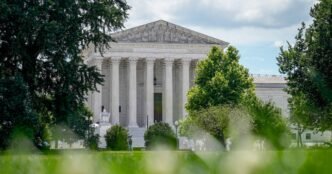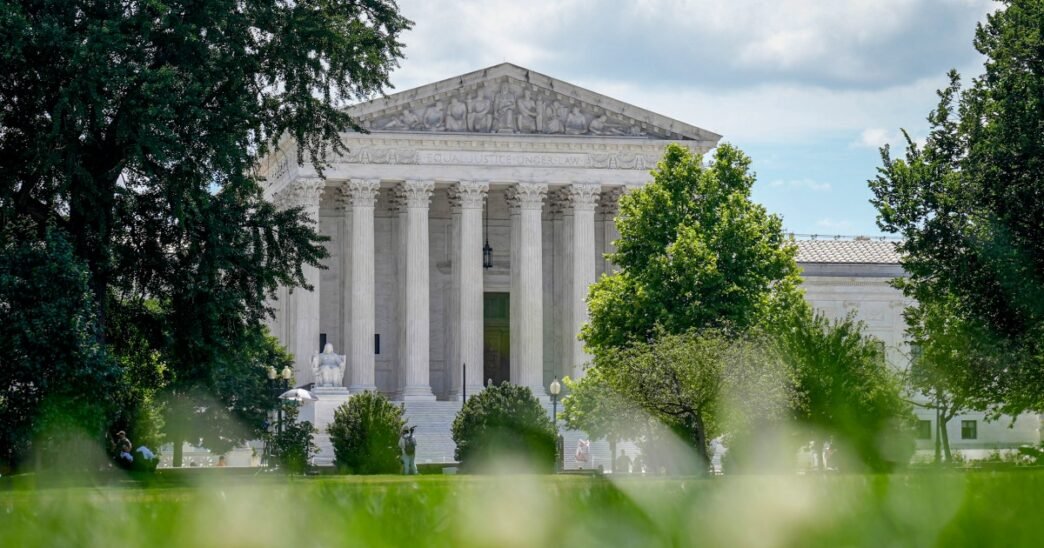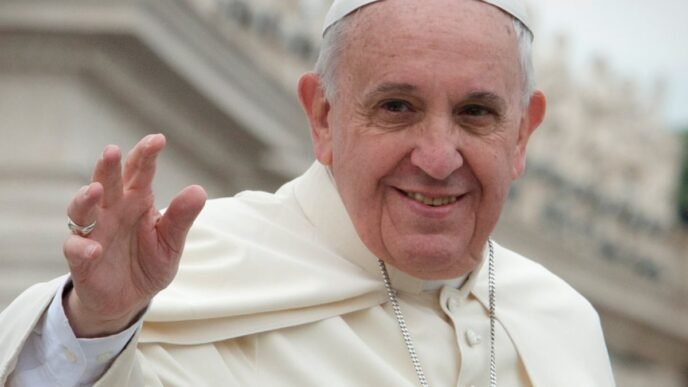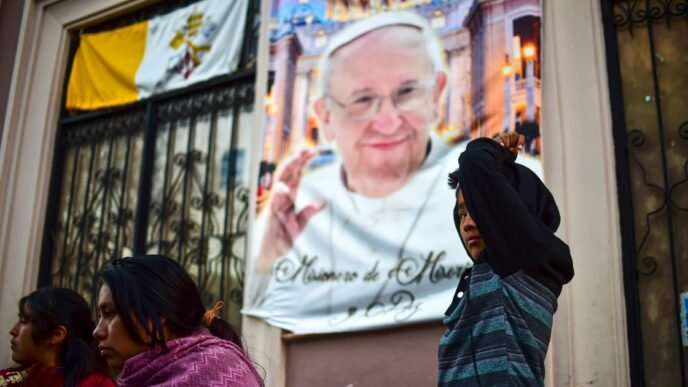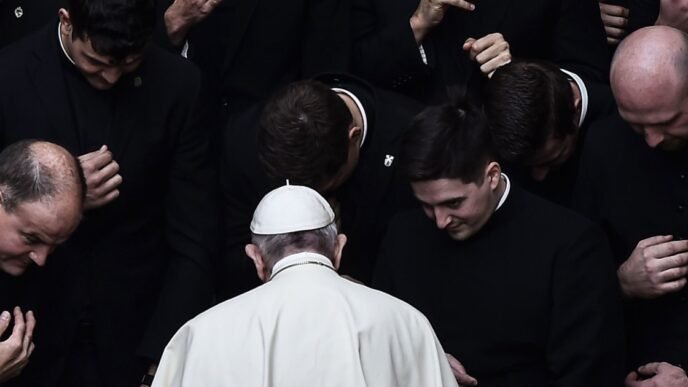WASHINGTON — The Supreme Court on Monday weighs a challenge to a panel set up as part of the Affordable Care Act to recommend preventive care services that insurers have to provide at no cost to patients.
The case arose from a challenge brought by Christian employers Braidwood Management and Kelley Orthodontics, in addition to several individuals, who objected on religious grounds to the Preventive Services Task Force approving no-cost coverage for the HIV prevention medication known as PrEP.
The plaintiffs believe their religious rights are violated “by making them complicit in facilitating homosexual behavior, drug use, and sexual activity outside of marriage between one man and one woman,” according to court papers.
The case at the Supreme Court does not hinge on the religious questions raised under the Constitution’s First Amendment.
At issue is whether the Preventive Services Task Force — which recommends a wide array of preventive services related to such issues as cancer, diabetes and heart disease — is unconstitutionally structured.
The challenges say it violates the Constitution’s appointments clause because its members are not nominated by the president and confirmed by the Senate.
A broad ruling in favor of Braidwood would have a significant impact, as the task force’s previous decisions would be cast into doubt and insurers would no longer be required to cover the affected preventive services.
The panel is composed of outside experts and was set up as an independent body appointed by the federal official who heads the Agency for Healthcare Research and Quality. It currently has 16 members.
The dispute is the latest in a long line of cases concerning the 2010 health care law — President Barack Obama’s signature legislative achievement — which Republicans have relentlessly attacked in court as they have repeatedly tried and failed to repeal it. The Supreme Court narrowly upheld the bulk of the law in a major 2012 ruling.
Ironically, on this occasion, the Trump administration is defending the provision after taking over the case from the Biden administration.
The government argued that the task force members are lawfully appointed because they are ultimately under the supervision of the health and human services secret, a position currently held by Robert F. Kennedy Jr., which addresses any concerns that it is not accountable to the executive branch.
As such, they do not exercise the kind of power that “principal officers” do and therefore do not need to be Senate-confirmed, government lawyers say.
Even if the court were to find that the panel is unconstitutionally appointed, it could resolve the issue by finding that it is not independent and that its actions must be approved by the HHS secret. The court took a similar approach in a 2021 case about in-house judges at the U.S. Patent and Trademark Office.
If the Trump administration prevails on that point, then Kennedy and other officials would have greater control over the task force.
The challengers argue there is no basis for the court to remedy the constitutional problem in the way the government suggests, with their lawyer describing the proposal as “unlawful for many reasons,” in part because it gives the HHS secret powers that are not outlined in the statute.
After the lawsuit was filed in 2020, a federal judge in Texas issued a ruling that said the structure of the task force was unconstitutional and all of its decisions should be considered invalid nationwide.
The New Orleans-based 5th U.S. Circuit Court of Appeals narrowed that ruling somewhat. The Biden administration then took the case to the Supreme Court.
